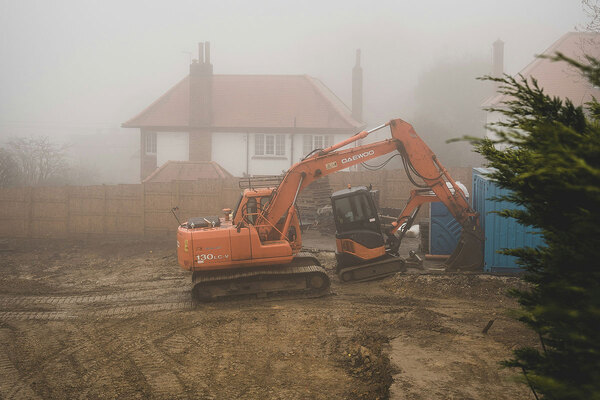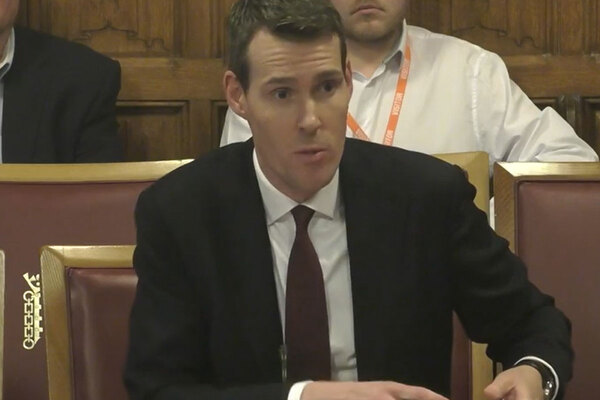You are viewing 1 of your 1 free articles
Almshouses need to be recognised as social housing to be able to reach their full potential
Almshouses are social housing in its earliest form, yet they’re still denied social housing status, writes Nick Phillips, chief executive of the Almshouse Association
At the heart of our towns and cities the length and breadth of the UK are thousands of almshouses. Over 37,000 people rely on these charities to provide not just somewhere to stay, but a home and community.
From Tudor half-timbered cottages in Coventry, to newly built flats in central London, this form of social housing is as diverse as the people it accommodates.
Almshouses were delivering affordable housing in rural and local communities well before housing associations and local authorities, with the oldest still in existence dating from 990.
Almshouses are a unique form of charity, offering homes in small communities of good neighbours. As charities, all almshouses comply with the terms of the definition supplied by the Charity Commission. Because of this, almshouses are exempt from the Right to Buy – retaining their purpose as a community asset.
Due to the historical and charitable nature of almshouses and the fact that they are generally small scale (most have fewer than 20 units), they are still not recognised by policy for what they ultimately are – social housing.
This is most evidenced through the National Policy Planning Framework (NPPF). Since it was first published in 2012 and after various consultations throughout the years, this unfair historic anomaly has not been corrected. Unfortunately, this lack of consideration has led to almshouse charities not being able to reach their full potential.
“If almshouse charities had access to Affordable Housing Programme bidding and Section 106 funds, the speed and quality of almshouses being built would be substantially increased”
Being denied social housing status by England’s chief planning policy legislation means some almshouse charities are omitted from funding. If almshouse charities had access to Affordable Housing Programme bidding and Section 106 funds, the speed and quality of almshouses being built would be substantially increased.
This constraint on the almshouses model has ultimately led to thousands of people who need housing support not receiving it.
It’s often argued that almshouse charities should, themselves, become regulated housing providers. However, because of the uniqueness and community focus of small almshouse charities, to change them would take away what makes the almshouse model so effective.
It’s also difficult for many almshouse charities to become regulated housing providers, as becoming registered takes two years, with a very detailed and complicated application process. Most are too small to have the capability to do this.
As chief executive of the Almshouse Association, I’ve been here before. During every consultation period for the NPPF (of which there has been many), we’ve campaigned to get this definition changed.
We have built a great deal of support among MPs and Peers to see this change. However, we recognise that, in the grand scheme of things, we are a small player.
Yet these charities have the capacity to provide thousands more affordable homes in local communities over the coming years. And, this time, I’m confident that this can be achieved.
We have now proposed a code of practice for almshouse charities that want to be defined as social housing, as well as provided the offer of an ombudsman to members.
“We have now proposed a code of practice for almshouse charities that want to be defined as social housing, as well as provided the offer of an ombudsman to members”
These two measures will ensure that almshouses meet an agreed minimum standard of safety and security, that residents’ welfare is protected, and the quality of accommodation is maintained to the highest standards.
With 98% of our member charities surveyed supporting the measures, the implementation of the code, as well as the oversight of an ombudsman, are very achievable.
The country is in the middle of a housing crisis, which is being felt even more in the social housing space. Any measures which put more people in need into houses will take stress off housing associations and local authorities, which is ultimately a move in the right direction.
It’s still a few months until the government’s decision on the NPPF policy change. We need action to maintain and expand on the great work of almshouse charities from across the UK.
The code of conduct the Almshouse Association proposes means that these charities will still retain their character, while reassuring the government that regulation is in place.
Almshouses are social housing. Policy needs to acknowledge this.
Nick Phillips, chief executive, Almshouse Association
Sign up for our daily newsletter
Already have an account? Click here to manage your newsletters













